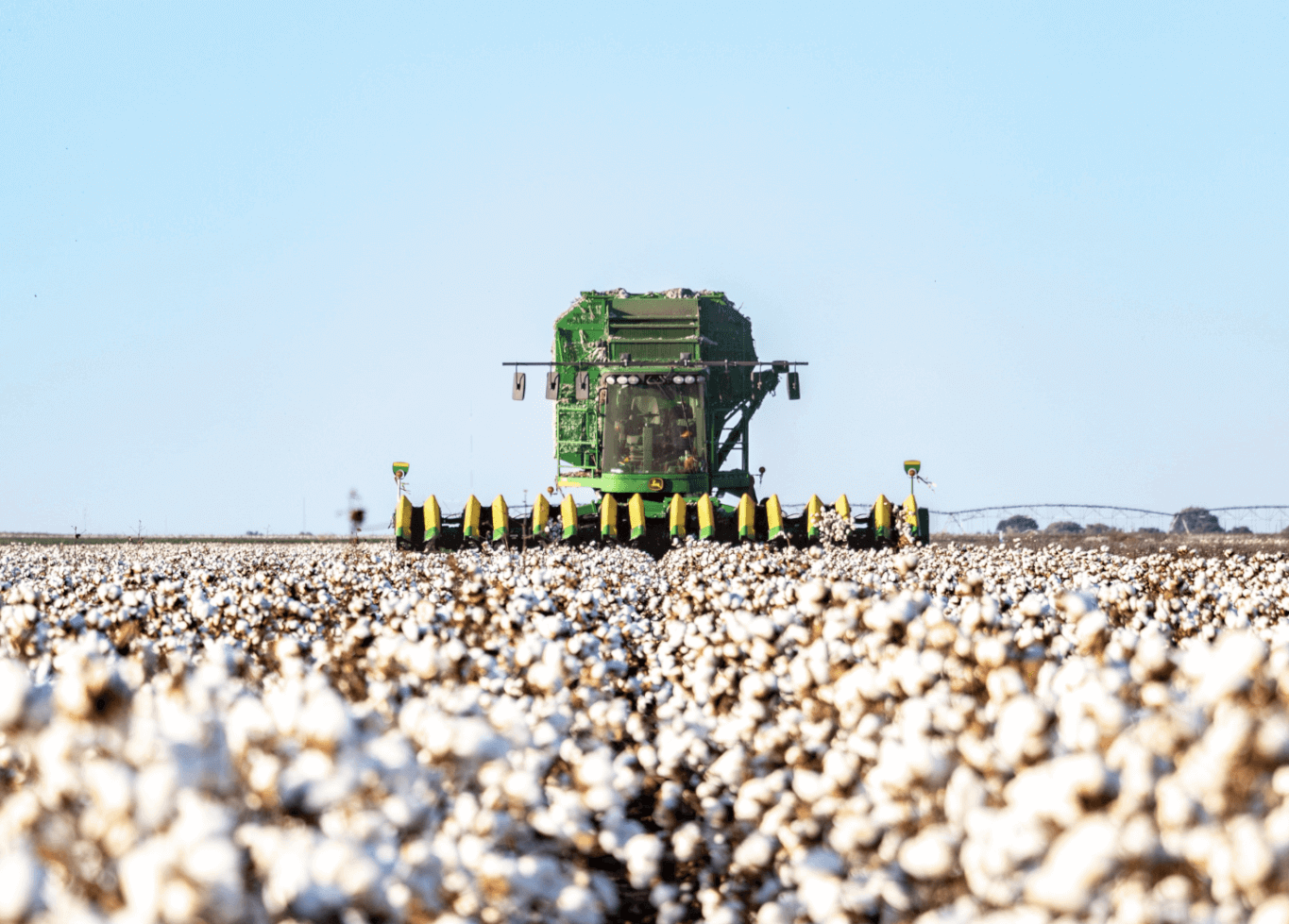
Trade & Commerce
According to statistics provided by the Office of Trade and Industry Information, Manufacturing and Services, International Trade Administration and the U.S. Department of Commerce, Lubbock exports totaled $555,184,657 in 2018 from 189 exporting businesses. That being said, Lubbock offers assurance when it comes to effectively handling exported goods and the increasing trade demands. Various resources in Lubbock will ensure that the export process is seamless for your business.
Foreign Trade Zone
Foreign-Trade Zone 260 (FTZ-260) is strategically located in the South Plains area providing a central United States location for businesses looking to meet increasing trade demands. FTZ’s were created in the United States to provide special customs procedures to U.S. plants engaged in international trade-related activities. Duty-free treatment is accorded items that are processed in FTZ’s and then re-exported, and duty payment is deferred on items until they are brought out of the FTZ for sale in the U.S. market. This helps to offset customs advantages available to overseas producers who compete with domestic industry.
The Lubbock Preston Smith International Airport (LBB) serves as the region’s United States Customs and Border Protection (CBP) designated international port of entry. A CBP Port Director offices at the airport. The Lubbock FTZ-260 was approved by the Foreign-Trade Zones Board on January 14, 2004 and covers 693 acres on the LBB.
FTZ’s are secure areas approved by the U.S. Department of Commerce and under the supervision of the United States Customs and Border Protection (CBP). FTZ’s are considered to be outside of U.S. Customs Territory for purposes of duty payment. Located at or near (60 miles max.) customs ports of entry, they are the United States version of what are known internationally as “free trade zones.”
For more information about the zone application and activation process, or fee schedule, please download the FTZ-260 Schedule..
Major Lists of Exports
According to statistics provided by the Office of Trade and Industry Information, Manufacturing and Services, International Trade Administration and the U.S. Department of Commerce, Lubbock exports totaled $555,184,657 in 2018. This amount was up from the previous year when exports totaled $452,356,290. The main contributors to this increase were crop production (72.9%) and machinery manufacturing (6.2%) followed by food manufacturing (2.1%).
| LUBBOCK ,TX 2018 (FULL YEAR) EXPORTS | ||
| Product | Exports ($) | Percent |
| Crop Production | $404,614,377.00 | 72.90% |
| Machinery Manufacturing | $34,190,038.00 | 6.20% |
| Food Manufacturing | $11,430,278.00 | 2.10% |
| Plastics and Rubber Manufacturing | $6,531,256.00 | 1.20% |
| All Others | $98,418,708.00 | 17.70% |
| Total | $555,184,657.00 | 100.00% |
Lubbock, TX Exports ($ USD) | ||
| Description | 2017 (Full year) | 2018 (Full Year) |
| Crop Production | $292,519,343.00 | $404,614,377.00 |
| Machinery Manufacturing | $39,926,866.00 | $34,190,038.00 |
| Food Manufacturing | $9,636,689.00 | $11,430,278.00 |
Plastics & Rubber Products Manufacturing | NA | $6,531,256.00 |
| Computer & Electronic Manufacturing | D | D |
| Primary Metal Manufacturing | NA | NA |
| Fabricated Metal Product Manufacturing | NA | NA |
| Transportation Equipment Manufacturing | NA | NA |
| Textile Mills | D | NA |
| Manufacturing (331-339) | NA | NA |
| All Others (Residual) | D | D |
| All Products | $452,356,290.00 | $555,184,657.00 |
District Export Council
Any business that manufactures a product will likely have a need to export that product to its customers. However, the export process offers a multitude of challenges that, if handled incorrectly, could lead to setbacks to your timeline as well as your budget. In order to meet these challenges, District Export Councils (DEC) were formed.
District Export Councils contribute leadership and international trade expertise to complement the U.S. Commercial Service’s export promotion efforts through counseling businesses on the exporting process and conducting trade education and community outreach.
The West Texas District Export Council (WTDEC) is one of four District Export Councils in Texas. It is under a nationwide network of DECs that make a significant contribution to America’s international competitiveness. The WTDEC is a diverse group of volunteer international trade professionals who meet for strategic sessions to address international issues and awareness. Among the members, you will find exporters of manufactured products and services, providers of export support services (accounting, finance, legal, transportation, etc.), academia and leaders of non-profit organizations of state and local government. A significant number of the members are from the private sector and their knowledge of international business provides a source of professional advice to exporters and to the entire international trade community in Texas, one of the nation’s leading exporting states.
U.S. Customs
If you export a product or receive imports in order to run your business, you should be informed about U.S. Customs and Border Protection (CBP). CBP is one of the Department of Homeland Security’s largest and most complex components, with a priority mission of keeping terrorists and their weapons out of the U.S. It also has a responsibility for securing and facilitating trade and travel while enforcing hundreds of U.S. regulations, including immigration and drug laws. Lubbock Preston Smith International Airport is an international Customs and Border Protection Port of Entry with a resident CBP Port Director.
THREE CRUCIAL ROLES CBP PERFORMS
- Facilitating trade to and from the U.S. and around the globe as well as securing it from acts of terrorism
- Assuring that goods arriving in the U.S. are legitimate and that appropriate duties and fees are paid for
- Transfer of merchandise into and out of a Foreign-Trade Zone and for matters involving the collection of revenue
Ports-to-Plains Alliance
Ports-to-Plains Alliance, based in Lubbock, Texas is a grassroots alliance of communities and businesses whose mission is to advocate for a robust international transportation infrastructure to promote economic security and prosperity throughout North America’s energy and agricultural heartland including Mexico to Canada. The Alliance is a non-profit, bipartisan, advocacy group led by mayors, council persons and other local elected leaders, economic development officials, business and other opinion leaders from nine states – Texas, New Mexico, Oklahoma, Colorado, North Dakota, South Dakota, Montana, Nebraska and Wyoming. The expansion of upgrading the existing corridor to a four-lane divided highway or better which also includes extending Interstate 27 both north and south is the ultimate goal of the Alliance.
-
The Lubbock, Texas Mocktail Trail
Read more: The Lubbock, Texas Mocktail Trail -
Bricks & Minifigs Lubbock | The Hub City’s First Official LEGO Store
Read more: Bricks & Minifigs Lubbock | The Hub City’s First Official LEGO Store -
Josh Jung’s Home Base | Lubbock, Texas
Read more: Josh Jung’s Home Base | Lubbock, Texas -
Kid-Friendly Local Restaurants in Lubbock, Texas
Read more: Kid-Friendly Local Restaurants in Lubbock, Texas




